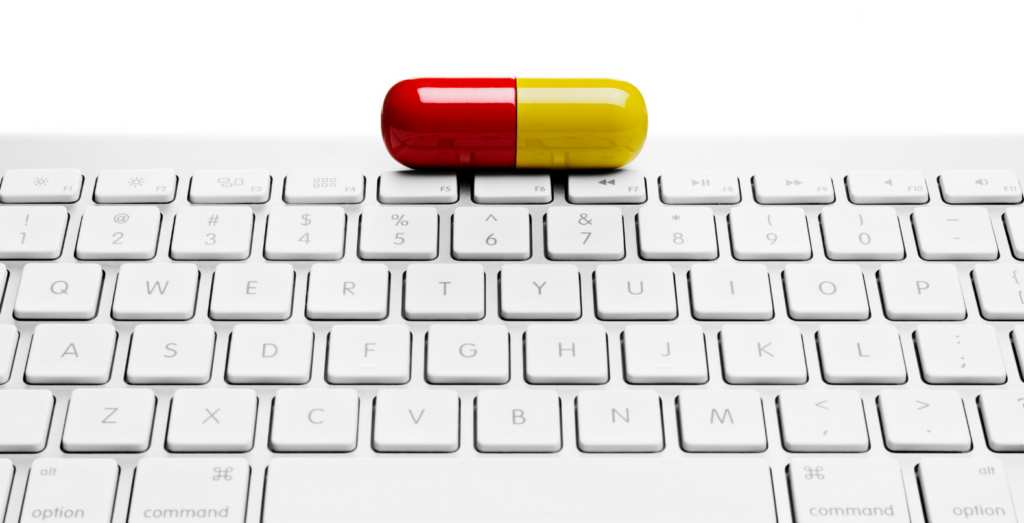Charlotte Moureaud, John Hertig, Yao Dong, IagoS. Muraro, Saleem Alhabash, 2021
This paper explores sale of counterfeit medicine via a survey-based study. The study used a cross-sectional survey of Amazon Mechanical Turk (MTurk) workers. MTurk is “a marketplace for completion of virtual tasks that requires human intelligence” where requesters post work as Human Intelligence Tasks (HITs) [1] . MTurk workers then complete the tasks (e.g., audio editing, machine learning, sur- veys etc.) and receive a reward [2] . According to Hitlin [4] , most workers on MTurk are young and educated, and reside in the U.S. Additionally, approximately 51% have college degrees and 74% live in households earning $75,0 0 0 or less [4] . This study was approved by the local Institutional Review Board (IRB). Between August 19 and September 8, 2020, U.S. MTurk workers had access to the survey (available as an HIT) on the worker website, completed it anonymously, and received $1.12 as a participation incentive. This is part of a larger study that aims to understand the effects of fear and humor appeals in public service announcements (PSAs) on intentions to purchase prescription medicines via social media. Participants were exposed to PSAs at the end of the survey.
Read the full article in Health Policy 125 (2021), 1421-1429. A PDF copy can be provided upon request to heegsar1@msu.edu.
